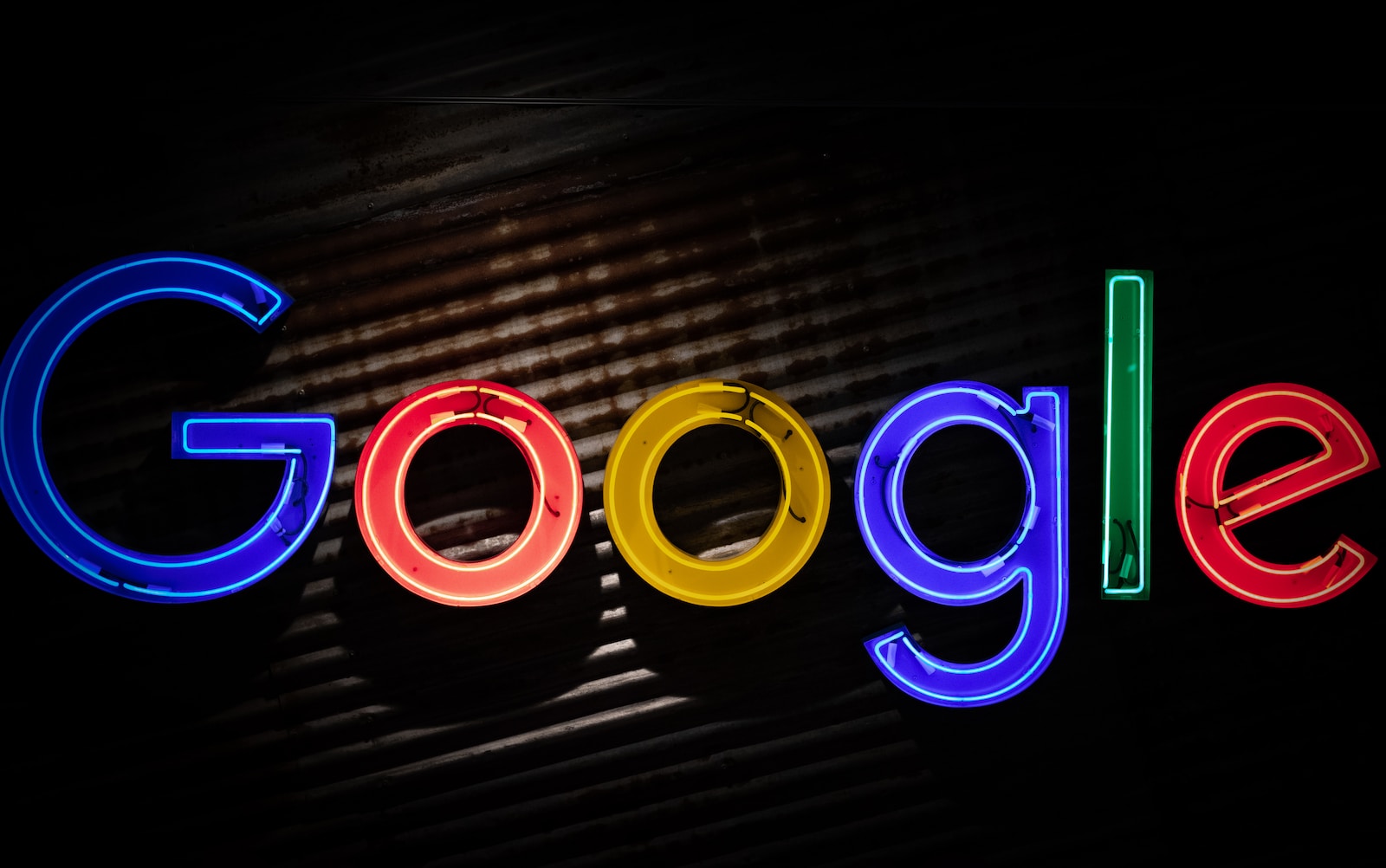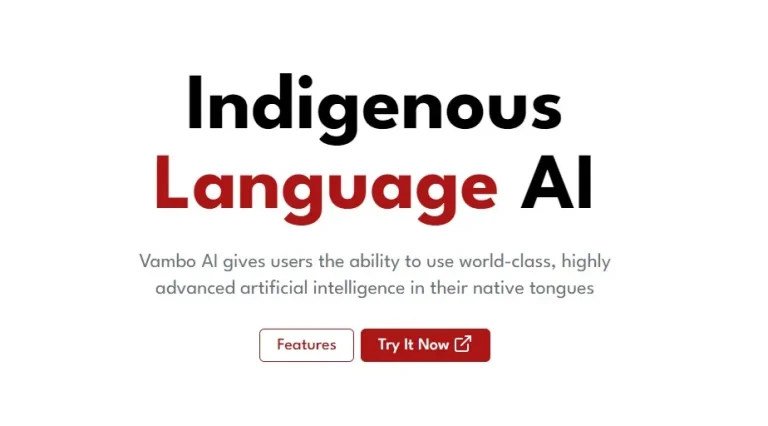As the AI race heats up, Microsoft and Google outperform first-quarter market expectations.

Alphabet, the parent company of Google, reported a net profit of $15 billion in the first quarter of 2023, exceeding market estimates, indicating that the search engine powerhouse is finding its footing.
The IT titan has been put under pressure as a result of a general downturn in advertising spending, over-hiring during a Covid-era boom, and Microsoft’s huge challenge in artificial intelligence.
Its quarterly sales were about $70 billion, a billion more than analysts projected, yet during the same three-month period, the corporation indicated it would lay off 12,000 employees, or 6% of its workforce.
On Tuesday, Microsoft’s earnings for the first three months of the year satisfied investors, helped by its industry-leading business cloud offerings.
Bill Gates’ company recorded a profit of $18.3 billion on revenue of $52.9 billion, as Cloud and AI more than offset reductions in revenue from licensing Windows software to computer makers, while sales in that industry suffer.
The majority of market attention was focused on Google, which became a source of concern after the Microsoft-backed ChatGPT was developed and swiftly became viral late last year. Microsoft has integrated the technology into its Bing search engine and office software.
According to media reports, the search giant has subsequently pushed out Bard, its own version of the language-based AI, but the release was considered as amateurish and has so far disappointed outsiders and company insiders.
“We’ll continue to incorporate generative AI advances to make search better in a thoughtful and deliberate way,” stated Google CEO Sundar Pichai during an earnings call.
“And we will test and iterate as we go because we know that billions of people trust Google to provide the right information.”
An AI weapons race is projected to last several years and could be costly for the industry titans.
Google has reorganized its AI division to better prepare for the next AI battles, bringing the independently controlled Deep Mind subsidiary under the corporation in a section dubbed Google Brain.
Serious difficulties
The danger of an AI-augmented Bing prompted Pichai to go on a rare media tour in the United States recently to convince investors that the business remained an industry leader in everything from search to mapping to AI pioneering.
Despite the challenges, Pichai received a total remuneration package totaling more than $225 million in 2022, according to a regulatory filing published last week.
YouTube’s advertising revenue fell for the third quarter in a row. However, “strong watch time growth” was observed in a YouTube Shorts area created to compete with TikTok.
During the quarter, YouTube CEO Susan Wojcicki stepped down after nine years in charge, and she was succeeded by longtime executive Neal Mohan.
“Google exceeded both revenue and earnings expectations this quarter, but the reasons for investor optimism are modest,” Insider Intelligence senior analyst Max Willens said.
“Google’s core business is facing the most serious challenges it has encountered in quite some time.”
Despite the problems, Alphabet’s stock has rebounded substantially from the lows seen before the January layoff announcements, rising more than 4% in after-hours trading to $108.4 on Tuesday.
This was still far short of the near $150 observed in 2021, when ad income was awash.
Microsoft has been slowly pushing forward with its AI revolution, most recently stating that the powers underpinning ChatGPT would be applied to its renowned Excel, Word, and Outlook apps.
Despite early issues such as chatbots providing unpleasant responses or obviously false information, the Redmond, Washington-based behemoth has been quick to implement language-based AI, demonstrating less caution than its competitors.
“We see that when people use the new AI features, their engagement with Bing and Edge goes up,” Microsoft CEO Satya Nadella stated during an earnings call.
“We look forward to continuing this journey in what represents a generational shift in the largest software category – search.”







